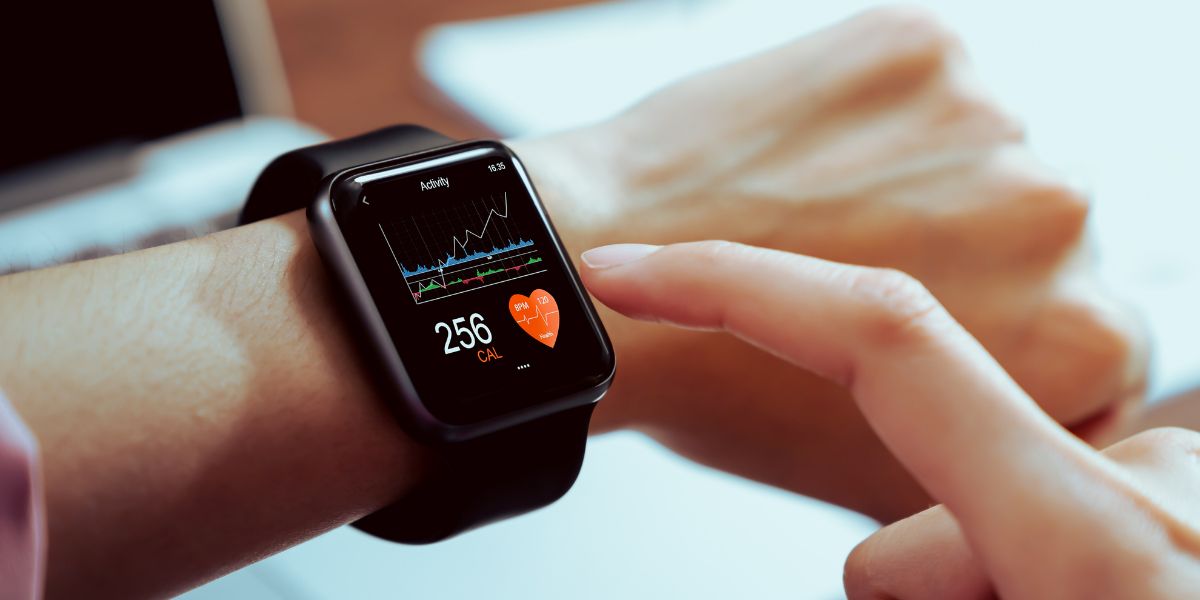Smartwatches offer “great promise” for encouraging people with newly diagnosed type 2 diabetes to maintain a good exercise regime, a recent study has highlighted.
International researchers have found that individuals with type 2 diabetes are more likely to stick to an exercise routine if they use wearable mobile health technology.
A total of 125 adults recently diagnosed with type 2 diabetes within the last five to 24 months were recruited for the Mobile Health Biometrics to Enhance Exercise and Physical Activity Adherence in Type 2 Diabetes (MOTIVATE-T2D) feasibility trial.
- Type 2 diabetes can worsen breast cancer outcomes
- Plant-based pill shows promise in type 2 diabetes treatment
- Reducing blood pressure can combat heart disease among people with type 2 diabetes
Participants were either managing their type 2 diabetes with metformin or through lifestyle modifications alone.
Those using wearable technology were more likely to start and maintain purposeful exercise compared to those not using an activity tracker, the study has reported.
In addition, the research has revealed that wearable technology is associated with improved blood sugar levels and systolic blood pressure.
First author Professor Céu Mateus said: “The results of this study can contribute to change the lives of many people around the world.
“There are millions of people suffering from type 2 diabetes without access to non-pharmacological interventions with sustained results in the long term.”
She added: “Our study shows that independently of the place where you live, your age, your ethnicity, your gender, or your income, there is an exercise programme that suits you.
“In a time where savings to health services budgets are of paramount importance, non-pharmacological interventions contributing to improve equity in access by patients are very valuable for society.”
Corresponding author Dr Katie Hesketh said: “We found that using biometrics from wearable technologies offered great promise for encouraging people with newly diagnosed type 2 diabetes to maintain a home-delivered, personalised exercise programme with all the associated health benefits.”
- Type 2 diabetes risk lowered by leisure-time physical activity
- Genetic variant puts many Greenlanders at risk of type 2 diabetes
- Heavy drinkers with type 2 diabetes more likely to develop advanced liver disease
Smartwatches and other wearable devices can also help people lower their cholesterol and improve their overall quality of life, the results have suggested.
Dr Hesketh stated: “The MOTIVATE-T2D programme offered a variety of workouts, including cardio and strength training, that could be done without the need for a gym.
“Its goal is to make exercise a sustainable part of daily life for people with Type 2 Diabetes, ultimately improving their physical and mental health.”
Read the study in the BMJ Open.






